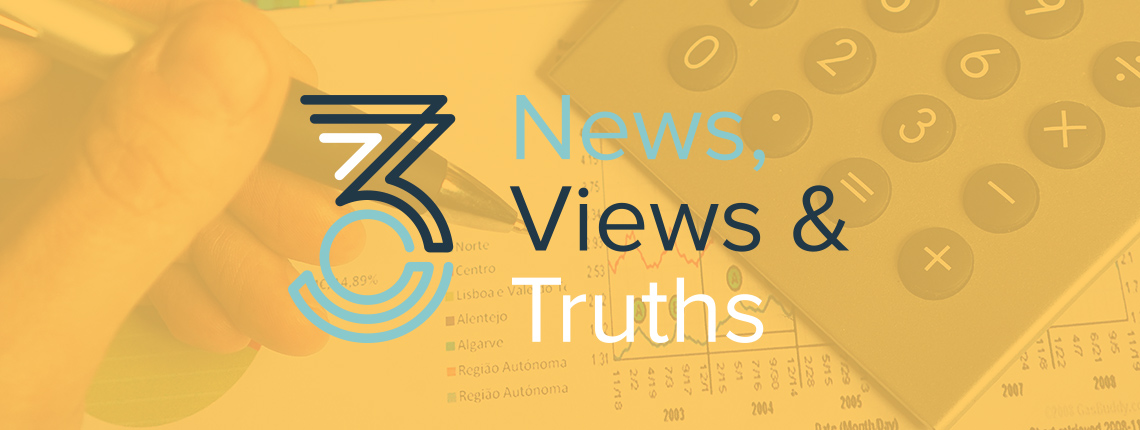Good morning, everyone and welcome to another week of fun, frolics and finance news. Welcome to this week’s News, Views and Truths.
Last week an announcement was made by Rishi Sunak, unveiling the formation of a joint taskforce, made up of both the Treasury and the Bank of England. These announcements of joint co-operation largely go without any great attention. However, this newly created project is somewhat different, as it centres upon a CBDC.
Central Bank Digital Currency.
Britcoin.
The focus of the newly appointed taskforce is to look at the case for a new CBDC, aimed at tackling some of the challenges posed by cryptocurrencies such as Bitcoin. A brand of an England-backed digital version of Sterling would potentially allow businesses and consumers to hold accounts directly with the Bank and to sidestep others when making payments, upending the lenders’ role in the financial system.
Other central banks are also looking at whether to set up digital versions of their own currencies, widening access to central bank funds which only commercial banks can use at present. This could speed up domestic and foreign payments and reduce financial stability risks.
Currently- and somewhat unsurprisingly- China is a front-runner to launch a CBDC. Furthermore, the European Central Bank has recently said it was studying an electronic form of cash to complement banknotes and coins but any launch was still several years away. However, in the Bahamas, the world’s first national CBDC has been launched, known as the Sand Dollar.
Unlike other cryptocurrencies, like Bitcoin or Etherium, CBDCs would be legal tender; holding £10 of the proposed Britcoin would be exactly the same as having a £10 note. As the use of cash dwindles, it could ensure the public still has access to a safe source of money, one that is issued by the Central Bank and maintains confidence in the currency. It could help speed payment systems and lower transaction costs.
People could also, potentially, keep a savings account in Britcoin; in effect putting their nest egg with the Bank of England instead of depositing it with a commercial operator.
However, with a completely blank slate, Central Banks can create their digital currency in line with their own requirements. The People’s Bank of China, on announcing the creation of their own digital currency, highlighted the following point:
The money itself is programmable. Beijing has tested expiration dates to encourage users to spend it quickly, for times when the economy needs a jump-start.
A use-by date for your cash? This will certainly be an area to watch closely.


